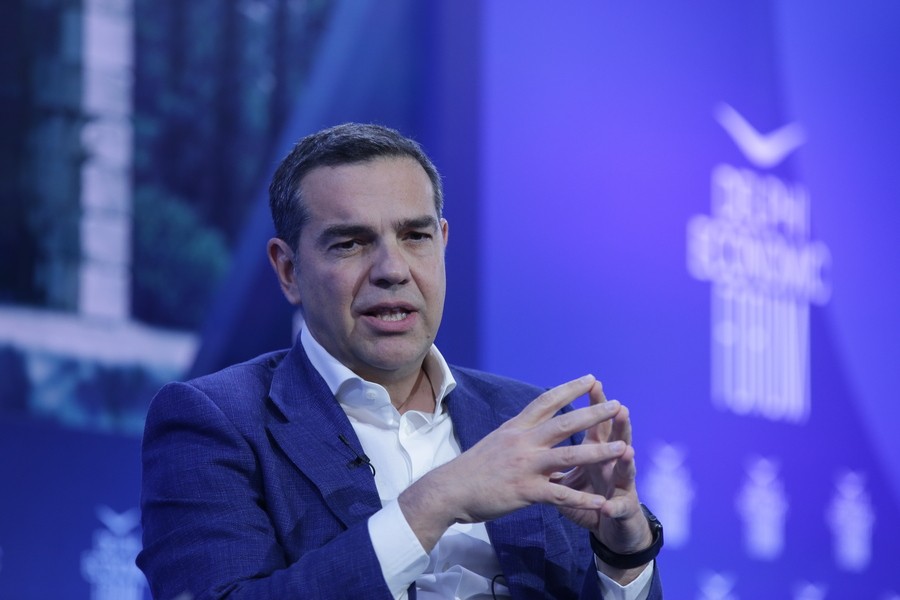
The Telegraph: Greece escapes a financial tragedy
Less than three years ago, Tsipras held a fierce, stubborn referendum to reject reform packages set out by the northern European nations who were taking political risks to finance the bankrupt state, the newspaper said and added.
He won the vote: 61pc of Greeks voted no, “ oxi”, and the defiant word became a rallying cry on the streets of Athens. But a week later he had to sign up to the deal anyway. Tsipras’s own position looked in doubt, as did that of his country. Eight years of recession left the economy 25pc smaller than it was before the twin blows of the credit crunch and Greece’s debt crisis. Yet now Tsipras is preparing to exit the bailout programmes completely, the country’s economic prospects apparently utterly transformed.
The gushing praise in the quote came from Angel Gurria, head of the OECD, last week – the leader of a pro-capitalist group, cheering the work of the leader of Greece’s radical leftists. “ I would like to congratulate you, your administration and the whole of Greece for an impressive stabilisation effort and one of the most ambitious reform packages we have seen at the OECD in recent times,” said Gurria. “ This is starting to bear fruit.”
Greek GDP is set to grow by 2pc this year and 2.3pc next year, the OECD estimates. If the forecasts come true it will grow more quickly than the eurozone average in 2019.
Unemployment is down from almost 28pc in 2014 to just over 21pc. The trend gives more workers money in their pockets and leaves fewer in need of benefits. Economists across Europe are impressed. “ For the first time in years, the clouds over Athens seem to be just starting to clear,” says Shweta Singh, at TS Lombard. “ Albeit from a very low base, things are starting to look up.”
Growth is broad-based too. Exports are up, in part because the long squeeze on wages has made Greece a more competitive economy. Traditional hotspots of shipping and tourism are rising – inbound visitor numbers rose 17pc on the year in 2017. But so are other industries. The Athens stock market has almost doubled in two years. Long-troubled banks are leading the charge. In the last six months, Eurobank Ergasias’s shares have jumped 38pc. Piraeus Bank’s are up 37pc and Alpha Bank’s 20pc.
Despite the cautious tone, there is little doubt Greece is on the way out. “ It is a given they will exit the programme in August,” says Erik Nielsen, chief economist at UniCredit. “ Tsipras wants to go down as the guy who got them out of this bailout.”
Source: The Telegraph – ANA-MPA

